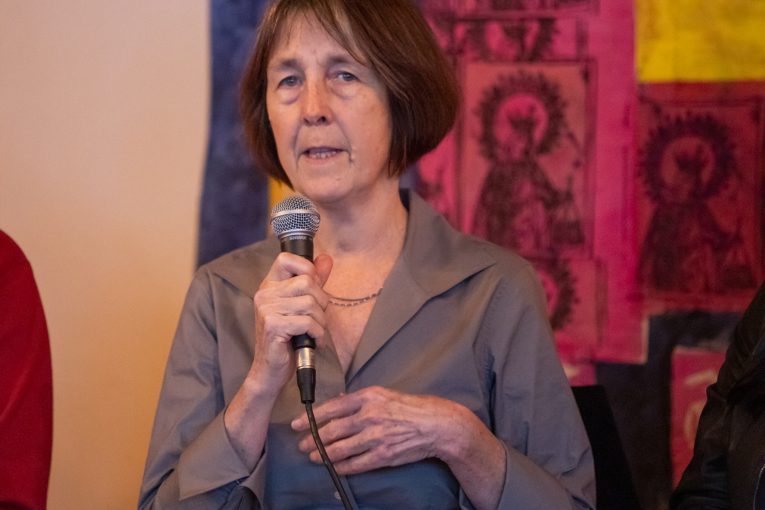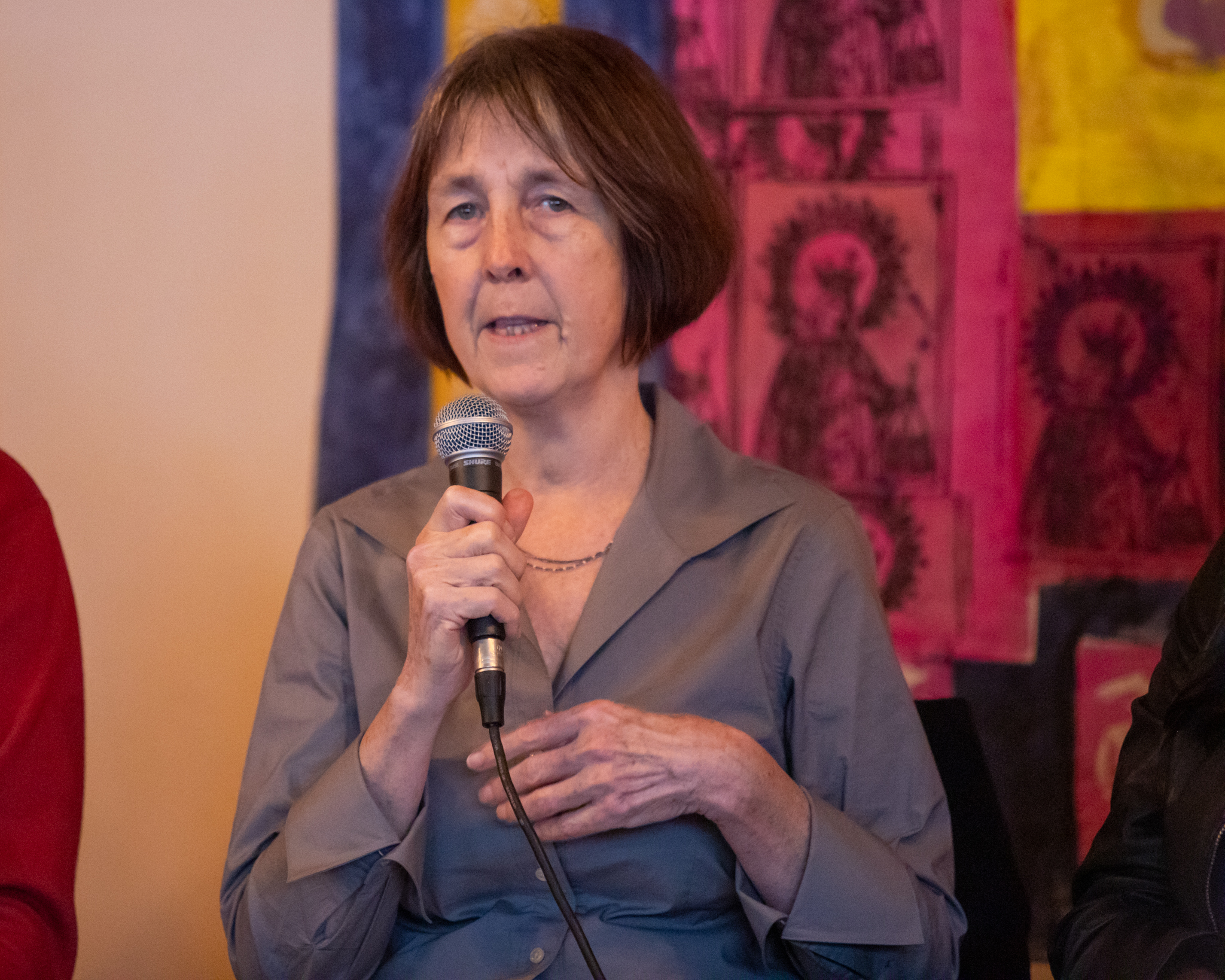

By Mella Bettag
SACRAMENTO- The California State Senate Monday introduced two new police reform bills that could change the face of state law enforcement.
The first measure would increase public access and use of police conduct records, and the second would direct non-violent 911 calls away from the police and into the hands of medics, social workers, and other non-law-enforcement authorities.
After the murder of George Floyd on Memorial Day of this year, many racial justice activists and allies have called for a change in policing, from the ban of no-knock warrants to redirecting police funds. Among the many reforms suggested was a demand for more transparency within police disciplinary records, and alternative response to 911 calls than the police.
This Monday, State Senator Nancy Skinner (D-Berkeley), heard the calls for change and proposed two new bills – SB 776 and SB 773.
The first of the two bills, SB 776, expands access to police records. It was introduced as a follow up to California’s current police transparency law, SB 1421, also created by Sen. Skinner. SB 1421, which took effect in January 2019, allowed the public to request any record of use of force that resulted in serious injury or death, and disciplinary action involving police dishonesty or sexual misconduct.
While SB 1421, also known as The Right to Know Act, was landmark when first put in place, it proved less successful than anticipated. According to the LA Times, more than 170 law enforcement agencies refused to provide the records until directed by the courts. Because of legal interference and reluctant law enforcement, records were released at a snail’s pace, or not at all.
SB 776, the newly introduced bill, seeks to solve the issues of SB 1421 and further expand the records available to the public. All records involving use-of-force, any on-the-job sexual assault, wrongful arrests or searches, and any dishonesty would be available. And, the public could have access to all disciplinary records of officers who have “engaged in racist, homophobic, or anti-Semitic behavior, or  actions against any other protected class”.
actions against any other protected class”.
SB 776 also makes it more difficult and more costly for police to withhold or destroy records. The bill would eliminate the five-year rule on the retention of police records, which allows law enforcement agencies to destroy records five years after the officer involved has left the agency.
Records could not be destroyed if an officer resigns mid-investigation either. If agencies refused to release records, they would be fined $1,000 for every day the records are withheld.
The final changes the bill proposes make records more easily accessible to the public, and more widely used in hiring. Those who request access will only have to pay for the creation of a duplicate. Agencies would also have to review an officer’s past records before hiring them. If agencies cannot access records of incoming hires, Skinner says “bad cops [can] jump from one job to the next without consequence.”
By keeping records open and available, many expensive lawsuits could be avoided. When people sue officers who have committed illegal, violent or discriminatory acts, the settlements are paid using taxes. Skinner says this has “a real-time effect on [the] government’s ability to fund education, health care, homelessness programs, and other services our communities expect [the] government to fund.”
Skinner said “Californians have the right to know who is patrolling our streets and who is given the authority to enforce our laws. We must not settle for officers who abuse authority in any way. With expanded public access to police misconduct, SB 776 sends a clear message that racist, discriminatory, and abusive officers are not welcomed in our communities.”
The second bill that was introduced was SB 773, the Community Assistance Response Act. This proposed bill would attempt to redirect nonviolent calls to services other than the police, like social workers and medics. Several cities have attempted to do such a thing, with programs like the CAHOOTS program in Eugene, Oregon and CATT in Alameda County.
Under SB 773, the California 911 Advisory Board could recommend a system in which law enforcement would prioritize violence-related calls. Other calls, such as assistance for the mentally-ill or homeless, drug overdoses, or traffic problems, would be directed to other organizations more trained to deal with those situations.
Skinner believes that policing as it is now is “not only a bad use of resources but also can be a recipe for disaster”. “It’s time to reimagine policing and how we respond to community needs.”
Both bills are currently with the Assembly Rules Committee being amended.
To sign up for our new newsletter – Everyday Injustice – https://tinyurl.com/yyultcf9
